Introducing The MENTOR Initiative’s new CEO!

The MENTOR Initiative is pleased to announce that Sérgio Lopes has been appointed as CEO effective from 3 October 2024, the organisation’s 22nd anniversary! Sérgio brings valuable experience, unique skills, and a deep commitment to the organisation’s goals. His leadership will be vital as MENTOR navigates the challenges and opportunities ahead, ensuring continued support for […]
Severe flooding in northern Nigeria increases risk of malaria, pneumonia and cholera
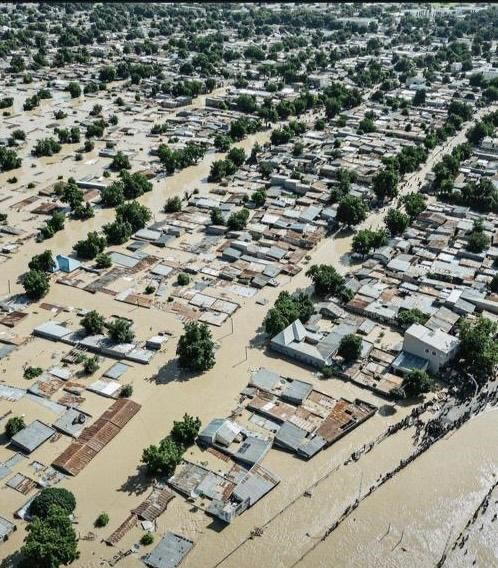
Severe flooding in northern Nigeria due to heavy rainfall has caused widespread destruction and the significant displacement of communities who are already impacted by a food and nutrition crisis, violence and insecurity. Infrastructure such as bridges and roads, and access to essential services such as hospitals, schools and markets have been affected by the floods. […]
Celebrating a milestone and leadership transition

October 2024 marks a significant milestone for The MENTOR Initiative as it celebrates its 22nd anniversary. During this time, MENTOR has focussed on healthcare and disease prevention reaching people most at risk of suffering and death. This anniversary marks an important leadership transition as Dr Richard Allan OBE, who founded the organisation in 2002 and […]
New research shows association between malnutrition, malaria and season

A critical association between malnutrition, season and malaria in regions of Central African Republic affected by conflict has been highlighted in a new paper published today in the BMC Medicine Journal. The MENTOR Initiative analysed data from community health workers, Armed Conflict Location and Event Data, and The World Bank Group meteorological data for eight […]
New mobile healthcare for communities in Cabo Delgado
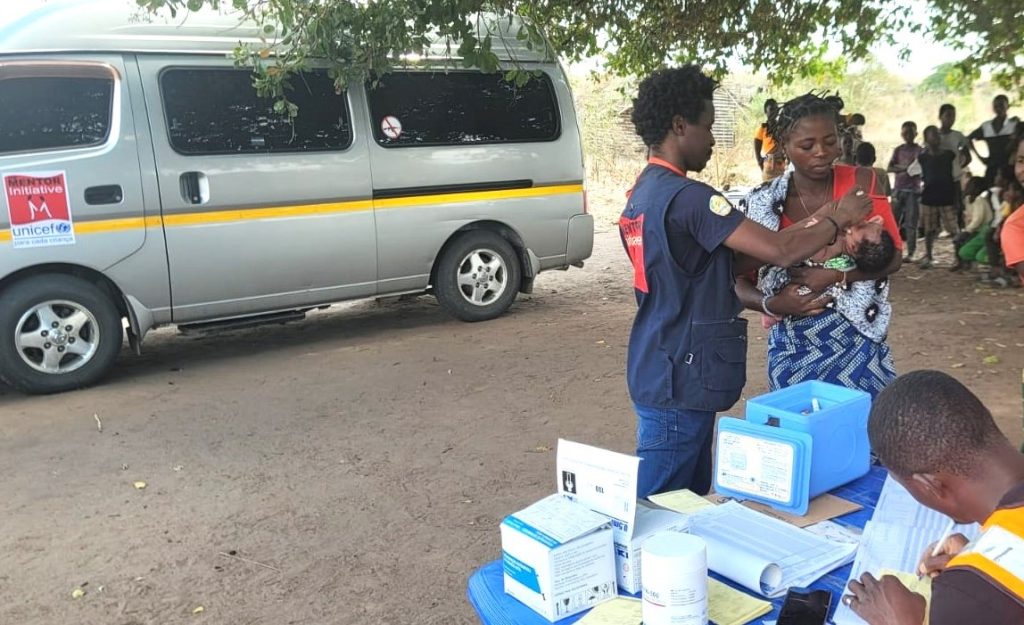
New mobile health teams are visiting 20 communities in the Chiure District of Cabo Delgado to deliver essential healthcare to remote areas underserved by health services and facilities. Most people living in these communities have been displaced by conflict in Cabo Delgado which has also caused the destruction and reduction of health facilities. The two […]
Growing groundnuts to finance health facility
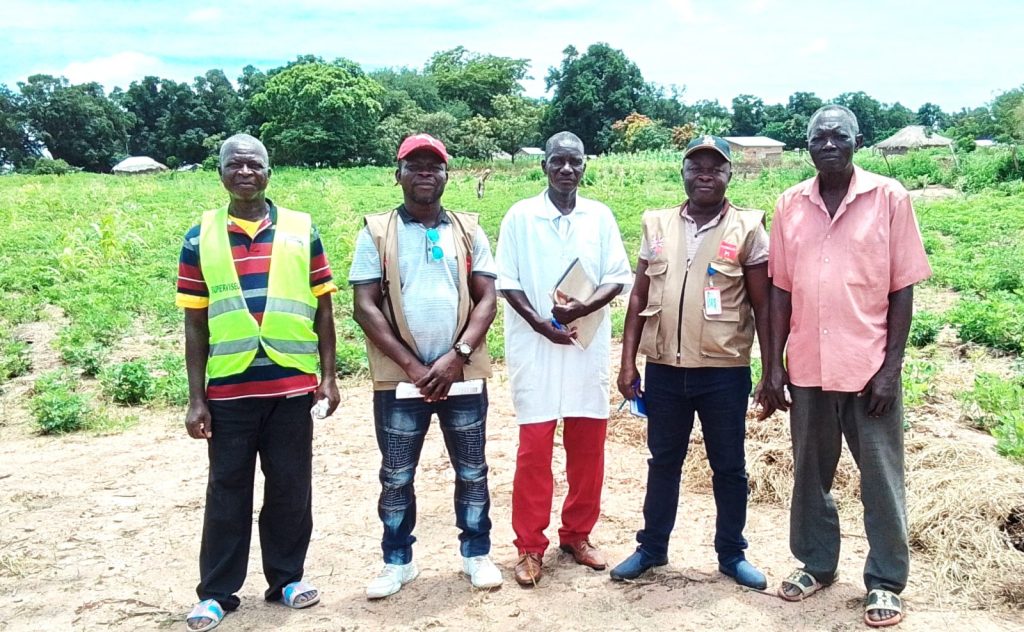
The community in Begouladjé is growing groundnuts to self-finance their local health facility as a phase out approach of the UK aid-funded “Assistance to crisis-affected communities of the Central African Republic” project is implemented. In the latter phase of the 14-year project, MENTOR worked with the community to raise awareness about financing primary healthcare services […]
New trial of vector control tools addressing Aedes begins in IDP camps in Nigeria.
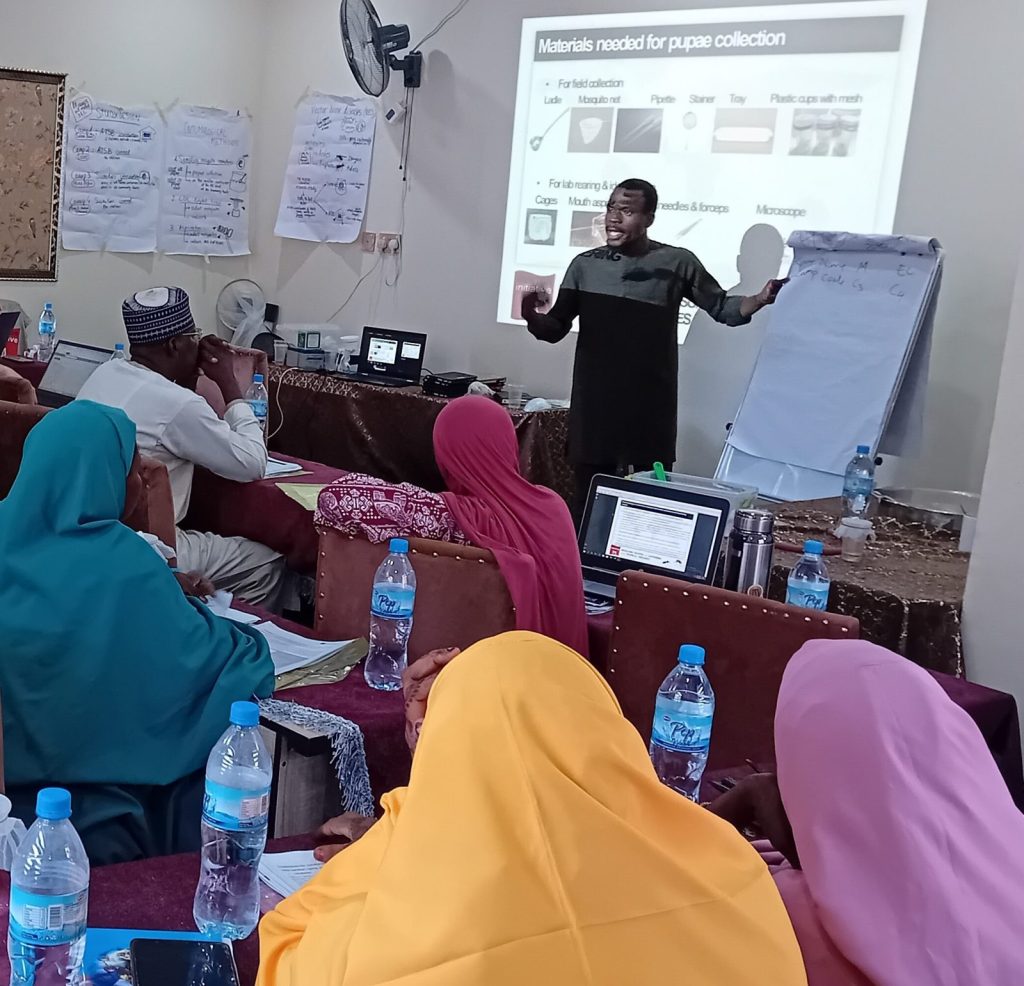
A new field evaluation trial in Internally Displaced Person camps in Borno State will evaluate the effectiveness of two vector control products on the Aedes mosquito, which transmits diseases such as dengue, chikungunya and yellow fever. Communities living in IDP camps in northeast Nigeria face a high risk from these diseases because of the high […]
Malaria control in Borno State, Nigeria
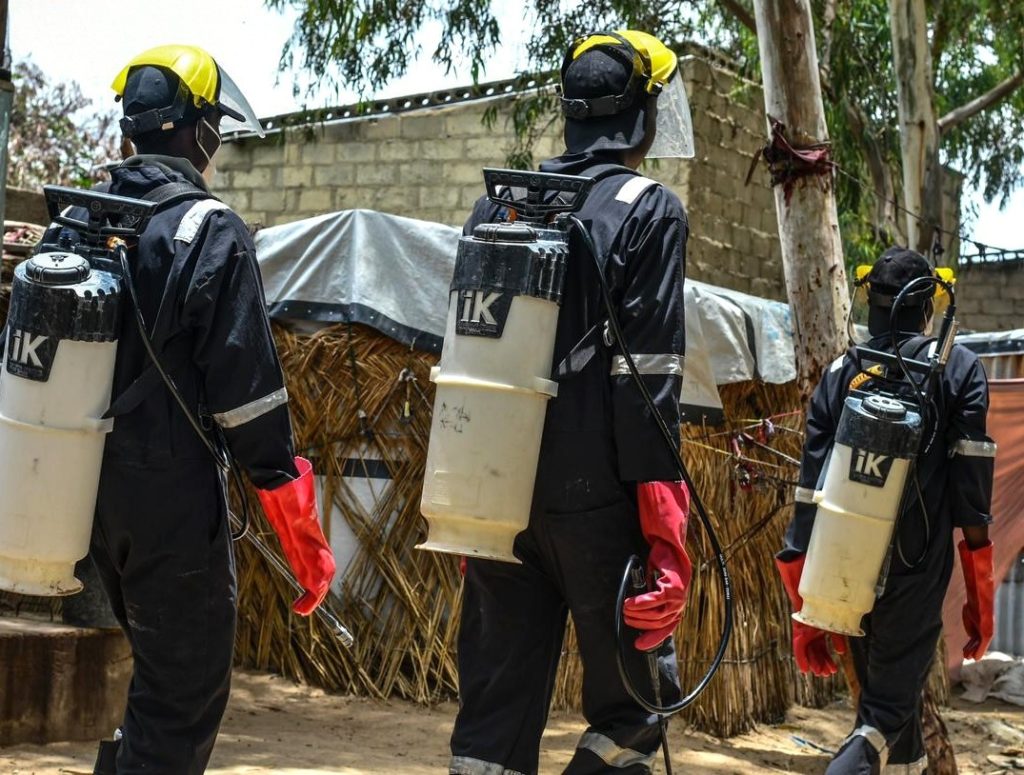
The annual indoor residual spray campaign recently begun in communities affected by conflict in Borno State, Nigeria, addressing the high rates of malaria and the worsening health crisis in the region. Malaria is one of the leading causes of morbidity and mortality in Nigeria with year-round transmission and seasonal peaks experienced during the rainy season. […]
Supporting the national health system in Central African Republic
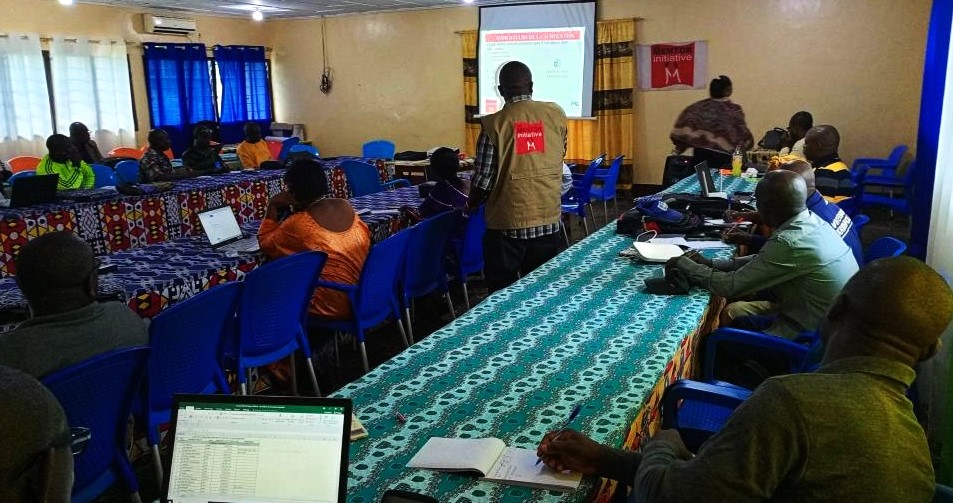
MENTOR is working closely with health authorities in Central African Republic and World Vision to implement a new The Global Fund grant aimed at strengthening the national health system. The grant covers the period up to December 2026 and started with workshops to plan the programme across the country. At a recent workshop held together […]
Improving access to healthcare in Central African Republic through Female Focal Points
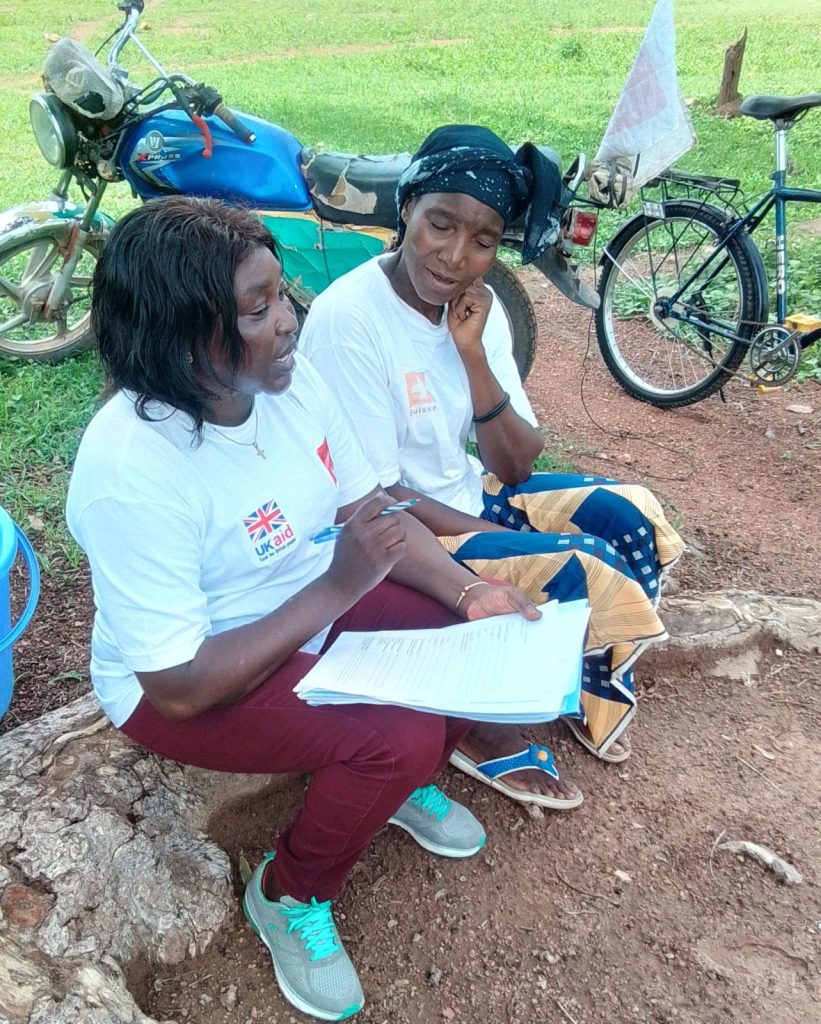
Women in Central African Republic are being trained as Female Focal Points to improve maternal care and address high rates of malnutrition in children. They support their communities to access treatment and promote health and hygiene through information and education campaigns. Imbeti Claudine, a female focal point in Beboy village near Paoua, explains more: “I […]
